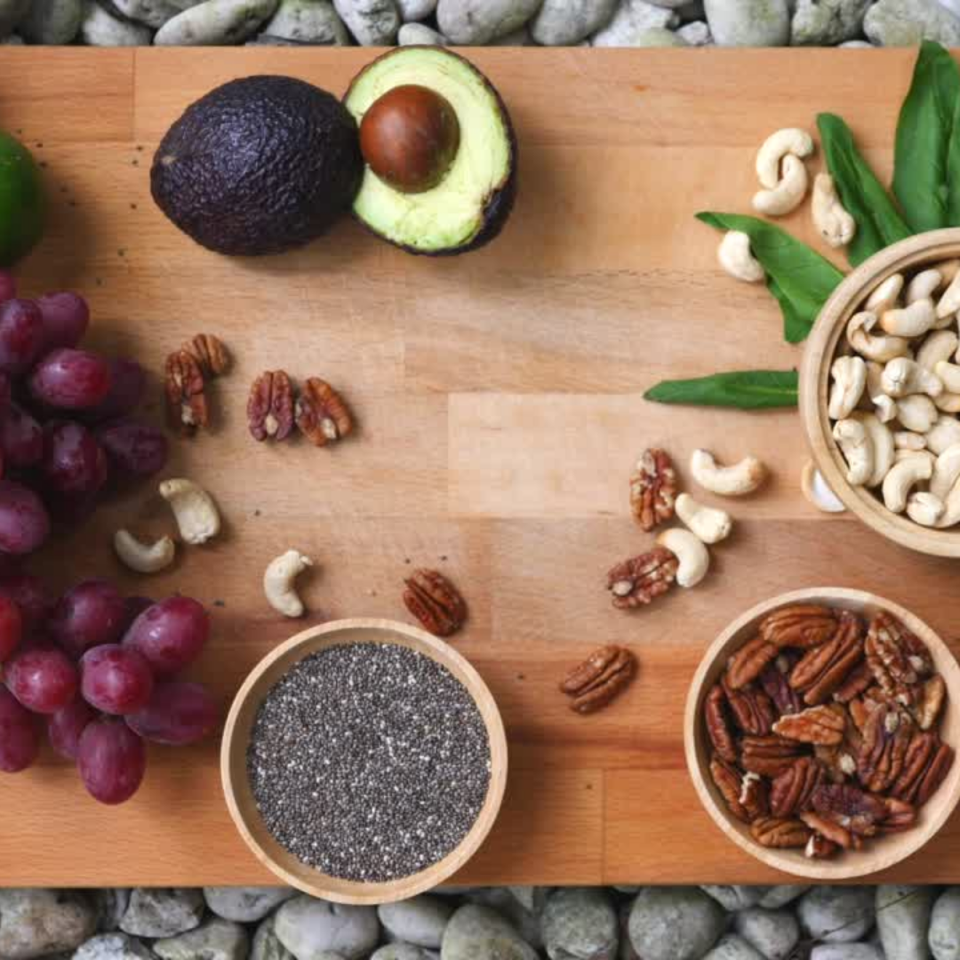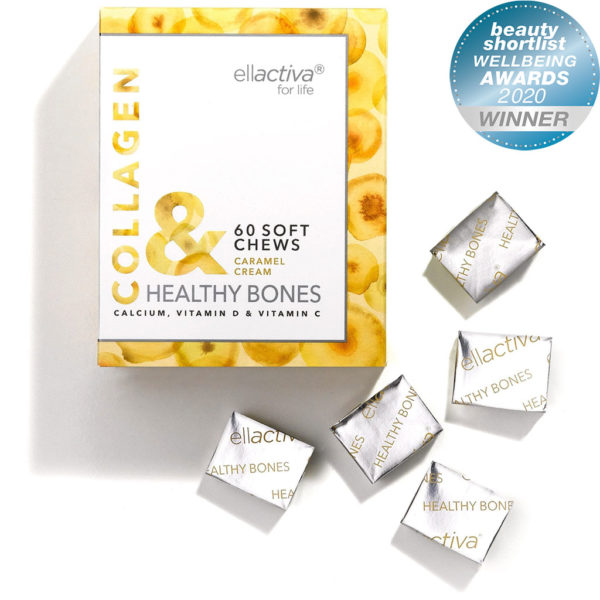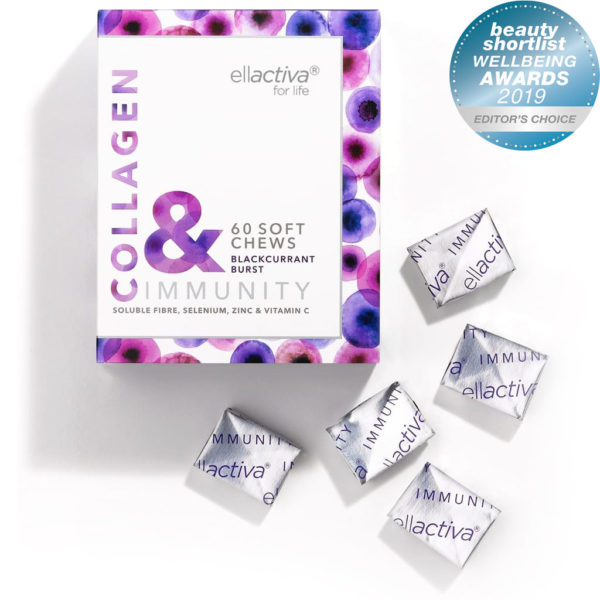The immune system is one of the largest and most widespread organ systems throughout your body, inextricably tied into almost all other processes in your body, central to keeping you alive. Hundreds of tiny organs and a few bigger ones, a network of vessels and tissues, billions of cells with dozens of specialisations and quintillions of free floating proteins.
The immune system, however, is not a shield or a weapon that can be charged or made stronger, it is more like a complex dance of a billion parts that needs to be in balance and working optimally.
A diet that provides you with all the vitamins and nutrients your body needs, combined with healthy lifestyle factors like adequate sleep and exercise and low stress, is the best way to prime your immune system. Immunity can be impaired in older people, particularly those who are frail, in those living with obesity, in those who are malnourished and in those with low intakes of micronutrients.
Eating enough nutrients as part of a varied diet is required for the health and function of all cells, including immune cells. Each stage of the body’s immune response relies on the presence of many micronutrients. Examples of nutrients that have been identified as critical for the growth and function of immune cells include vitamin C, vitamin D, zinc, selenium, iron, and protein.
Importantly, diets that are limited in variety and lower in nutrients, such as consisting primarily of ultra processed foods and lacking in “real” foods, can negatively affect a healthy immune system. It is also believed that a Western diet high in refined sugar and red meat and low in fruits and vegetables can promote disturbances in healthy intestinal microorganisms, the microbiome, resulting in chronic inflammation of the gut, and associated suppressed immunity.
A high-fibre plant-rich diet with plenty of fruits, vegetables, whole grains, and legumes appear to support the growth and maintenance of a healthy microbiome. Certain helpful microbes break down fibers into short chain fatty acids, which have been shown to stimulate immune cell activity. These fibers are sometimes called prebiotics because they feed microbes. Therefore, a diet containing prebiotic fibers that feed and maintain healthy colonies of the bacteria in the microbiome may be beneficial. Probiotic foods contain live helpful bacteria, and prebiotic foods contain fiber and oligosaccharides that feed and maintain healthy colonies of those bacteria.
Some people do have nutritional deficits due to poor diet or lifestyle factors and can benefit from supplements. Supplements, however, should not be considered as a complement to a good diet and not as a substitute.





